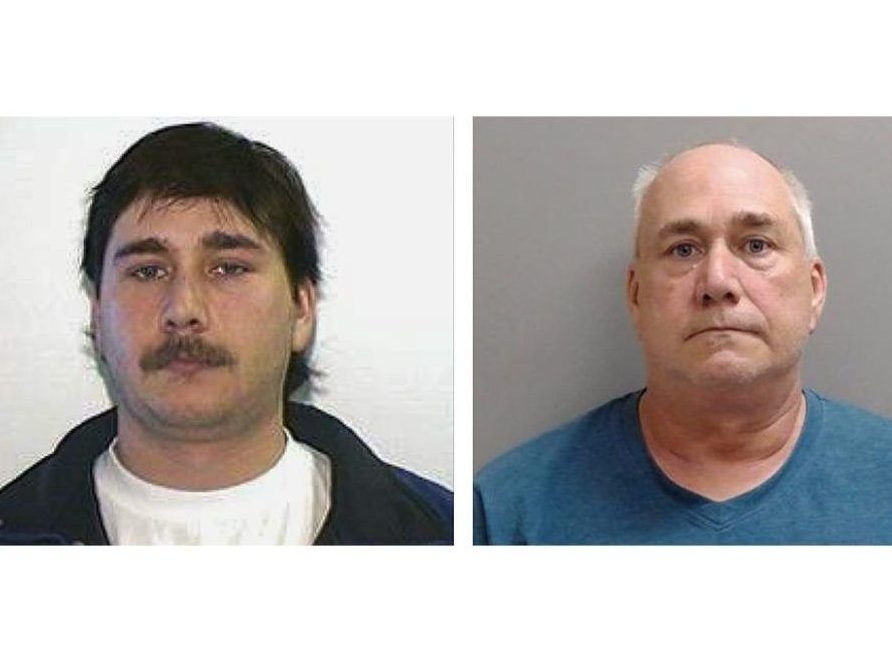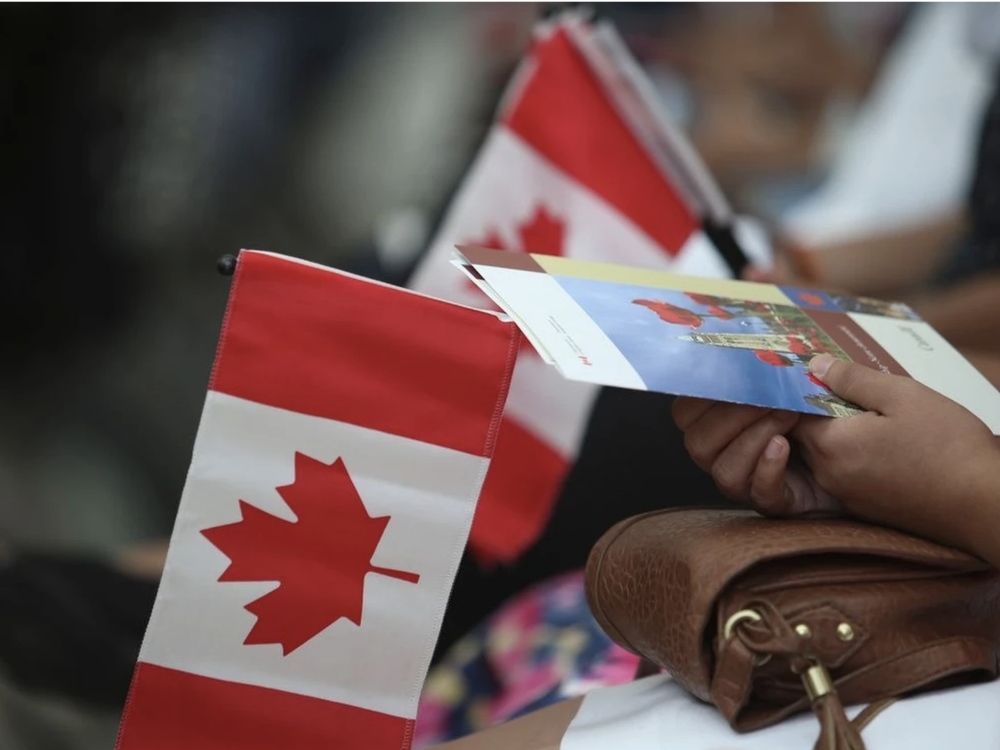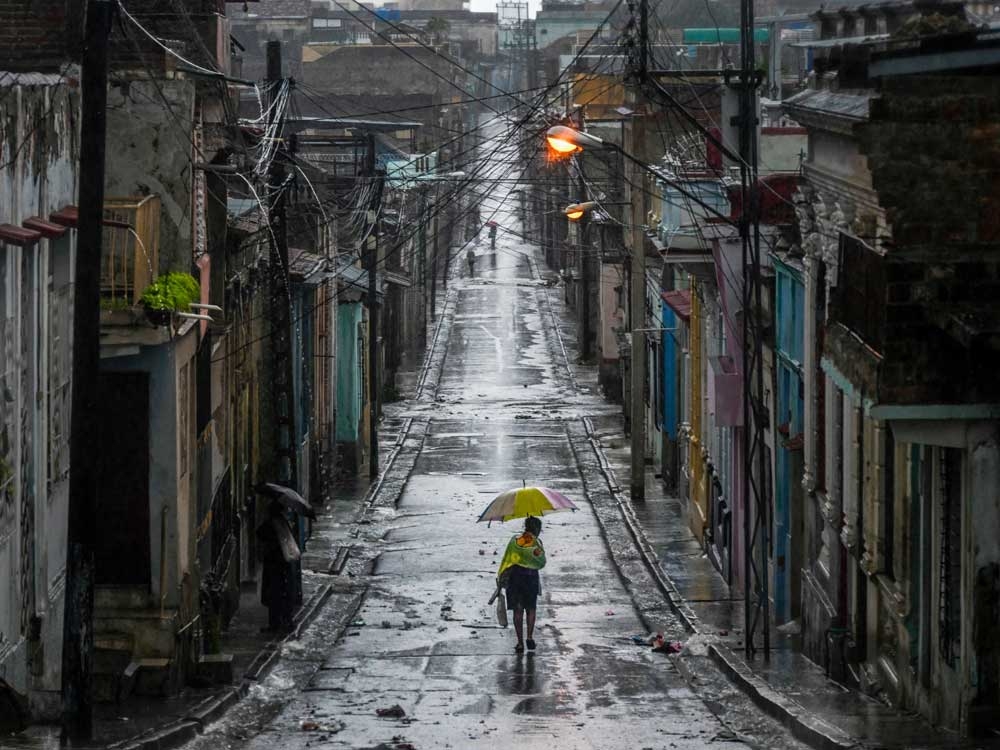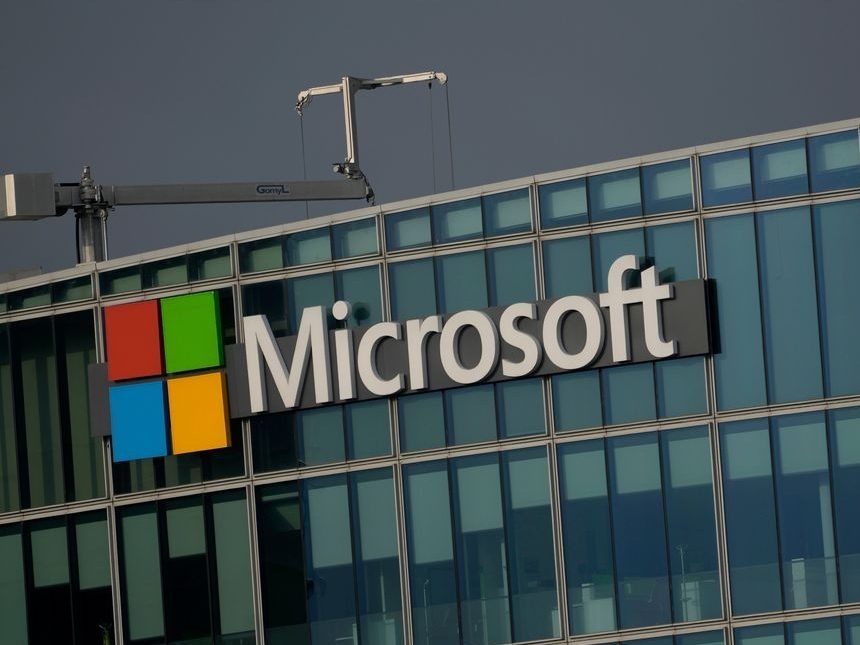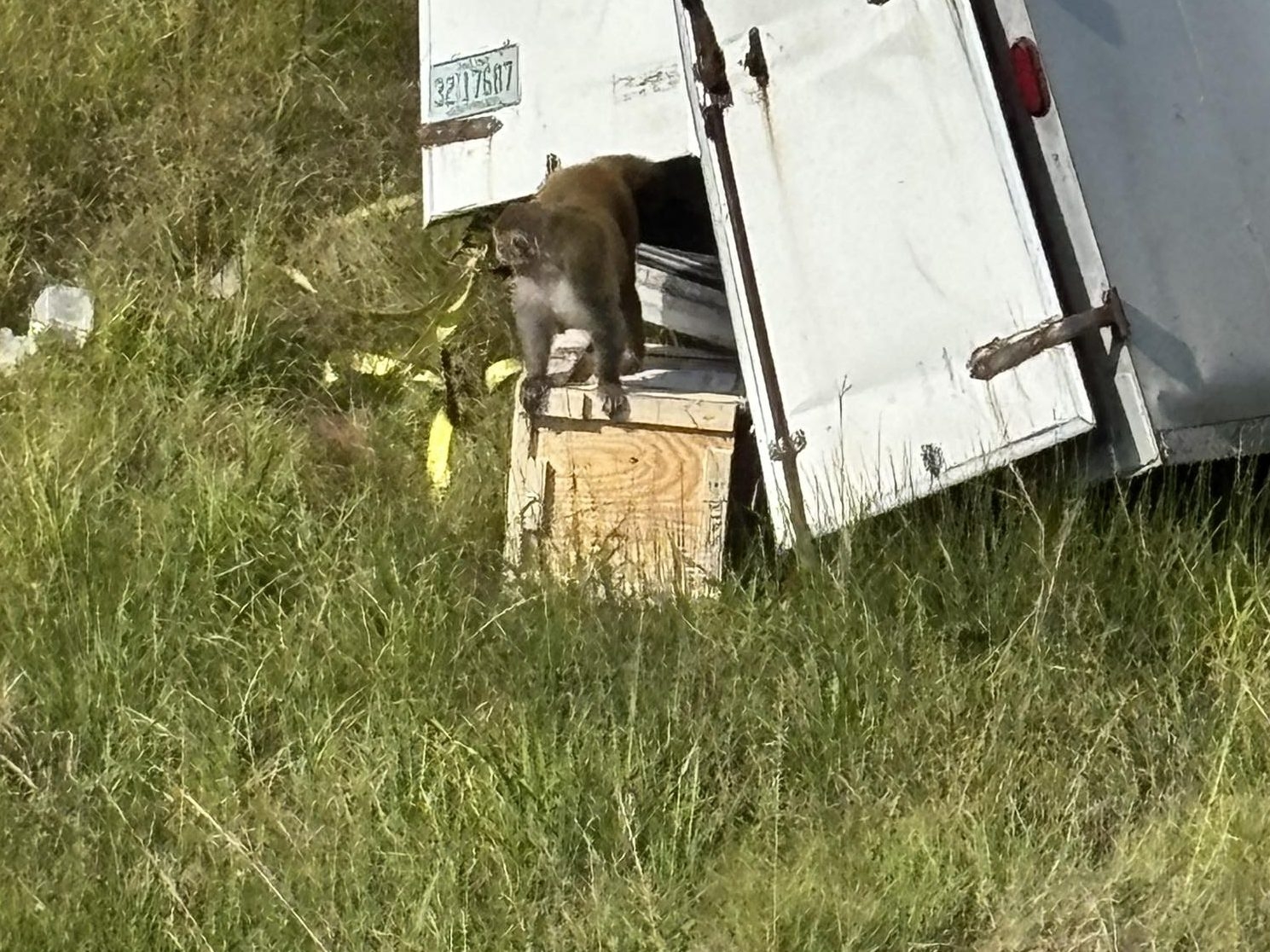The ancient city of Gyeongju, South Korea, served as the dramatic backdrop for a meeting between the U.S. President and his South Korean counterpart, Lee Jae Myung – the final act of a high-stakes Asian tour focused on economic gains. The President lauded South Korea as a vital ally, describing the nation as “truly one of the most remarkable” on Earth, and praising President Lee as a “terrific person.” The setting itself, steeped in history, underscored the weight of the discussions to come. During their private meeting, President Lee broached a sensitive topic: access to fuel for South Korea’s conventionally armed, nuclear-powered submarines. This request challenged a long-held restriction stemming from a U.S. nonproliferation agreement, signaling a desire for greater strategic autonomy. The conversation highlighted the complex layers of the alliance and the evolving security landscape in the region. The tour had already yielded significant results, with approximately $490 billion in investment commitments secured during the stop in Japan. However, the President indicated that a trade agreement with South Korea was proving more difficult, as he sought an additional $350 billion in U.S. investments. He boldly predicted a surge in investment, potentially reaching $22 trillion by the end of his next term. He painted a picture of an “economic revolution” unfolding in the United States, fueled by a series of new trade deals designed to foster “reciprocity.” Agreements with Malaysia, Cambodia, and Japan were presented as evidence of this shift, with a finalized deal with South Korea anticipated soon. The President urged business leaders to ignore “small minds with no vision” and embrace a future of shared prosperity. The visit unfolded against a backdrop of escalating tensions on the Korean Peninsula. North Korea had recently announced the launch of sea-to-surface cruise missiles, a familiar provocation. The President, however, downplayed the threat, referencing his past interactions with Kim Jong Un and claiming a “really good understanding” between them. He reiterated his openness to future meetings. A contrasting message emerged from President Lee, who cautioned against the dangers of rising protectionism and emphasized the importance of global trade cooperation. This divergence in approach underscored the differing philosophies guiding each nation’s economic strategy. Looking ahead, the President previewed an upcoming meeting with Chinese President Xi Jinping, expressing optimism about reaching a mutually beneficial agreement. He framed diplomacy as preferable to conflict, suggesting a willingness to find common ground despite existing challenges. The South Korean government bestowed upon the visiting President its highest honor, the Grand Order of Mugunghwa, along with a symbolic replica of a royal crown from the ancient Silla Kingdom – a gesture recognizing his previous diplomatic efforts and solidifying the enduring bond between the two nations.
TRUMP'S KOREA CASH GRAB: Billions on the Line!
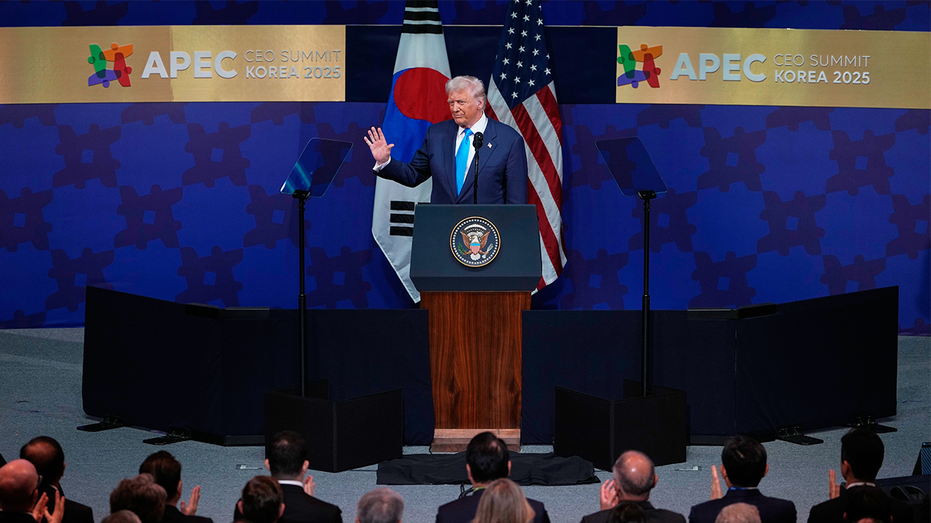
Share this article
Related Articles
Trending Now
Article Info
Category
World
Views
11
Published
Oct 29, 2025
Last Updated
8 hours ago

